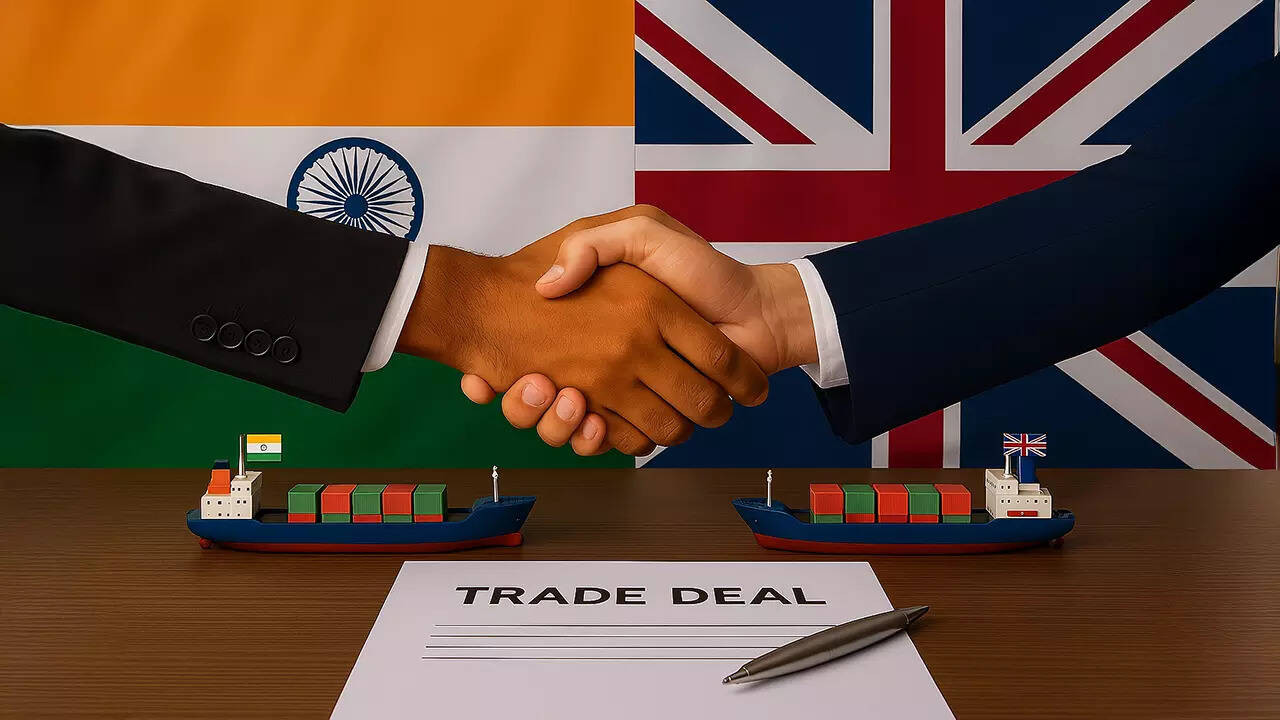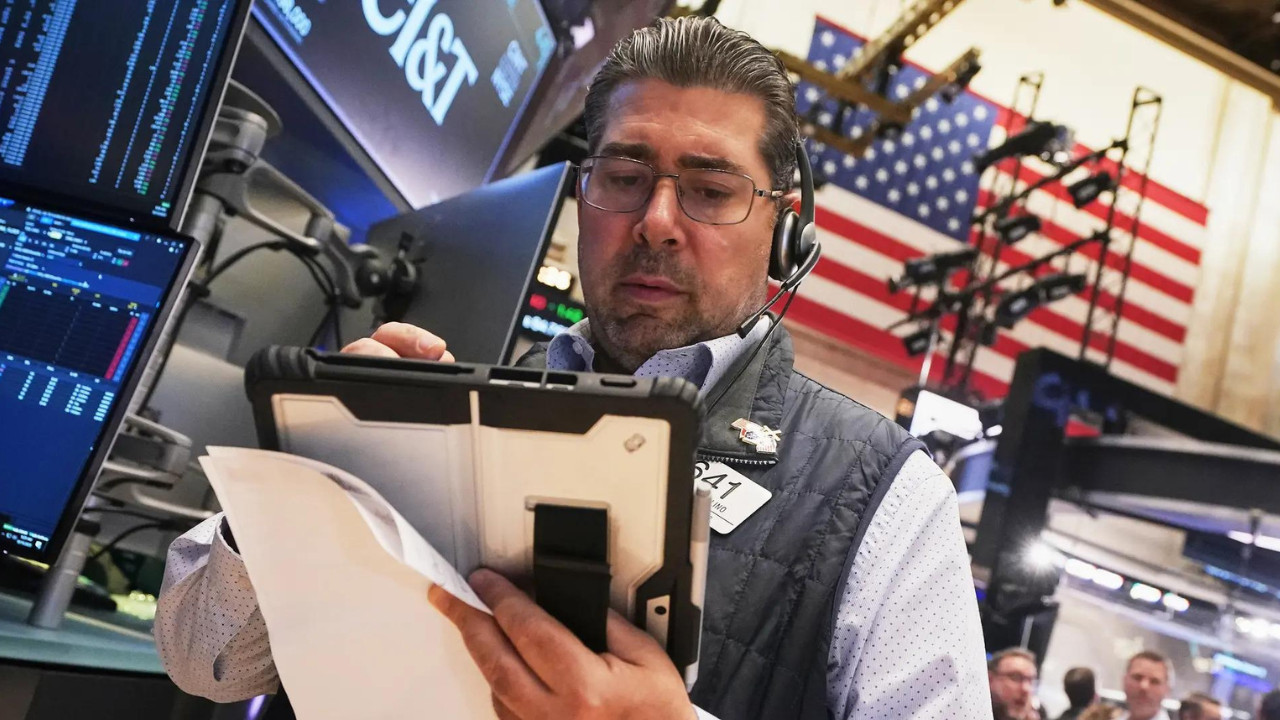The India-UK Free Trade Agreement, signed recently, is set to reduce trade tariffs significantly, potentially boosting bilateral trade by £25.5 billion and increasing the UK’s GDP. UK Business and Trade Secretary Jonathan Reynolds highlighted the agreement’s benefits, including improved market access and simplified trade processes. The FTA awaits parliamentary ratification after reports from key commissions.
Will the India-UK Free Trade Agreement Unlock New Opportunities?
The buzz around a potential India-UK Free Trade Agreement (FTA) has been steadily growing, and recently, the UK Parliament chimed in with some promising insights. Forget the dry economic jargon – this isn’t just about numbers and trade deficits. It’s about weaving stronger ties between two nations with deep historical connections and unlocking a wealth of opportunities for businesses and consumers alike. So, what’s the real story behind this potential game-changer?
The core idea is simple, but the implications are far-reaching: slash tariffs on goods and services traded between India and the UK. This means your favorite British biscuits could become cheaper on Indian shelves, while Indian textiles might find a more competitive market in the UK. That’s the everyday impact. But dig a little deeper, and you’ll see how this could boost business confidence on both sides of the globe. Reduced tariffs translate to lower costs for businesses, making it easier for them to export and import goods. That, in turn, can lead to increased investment and job creation.
Think of it like this: right now, there’s a toll booth on the trade highway between India and the UK. The FTA proposes to remove (or significantly reduce) that toll, allowing goods to flow more freely. Businesses can then reinvest the money they save on tariffs into innovation, expansion, and hiring, ultimately benefiting the wider economy.

Strengthening Business Confidence with the India-UK FTA
One of the key messages coming from the UK Parliament is the expectation that this agreement will significantly bolster business confidence. Why? Because it provides a level of certainty that is currently lacking. With clearly defined trade rules and reduced barriers, businesses can plan for the future with greater assurance. They are more likely to invest in new ventures and expand existing operations when they know the ground rules won’t suddenly change.
Moreover, an FTA can help to streamline regulatory processes and reduce red tape, making it easier for businesses to navigate the complexities of international trade. This is particularly important for small and medium-sized enterprises (SMEs), which often lack the resources to deal with complicated trade regulations. A simpler, more transparent trade environment levels the playing field and allows smaller businesses to compete on a more equal footing.
The potential benefits extend beyond just goods. The India-UK FTA also encompasses services, which are an increasingly important part of both economies. Think of the IT sector, for instance. Indian IT companies already have a strong presence in the UK, and an FTA could make it even easier for them to provide their services to British businesses. Similarly, British financial services companies could find new opportunities in the rapidly growing Indian market.
The Road Ahead for the India-UK Free Trade Agreement
Of course, negotiating an FTA is a complex process with many different interests at stake. There will be challenges to overcome and compromises to be made. But the potential rewards are simply too great to ignore. The India-UK partnership has always been significant, and a modern, comprehensive trade agreement could catapult it into a new era of economic cooperation. This isn’t just about trade; it’s about building a stronger, more resilient economic partnership that benefits both nations for generations to come. And, by reducing dependence on other trading blocs, India and the UK can take control of their own economic destinies.
The India-UK FTA represents a major opportunity to boost trade, strengthen business confidence, and create new jobs. By removing trade barriers and streamlining regulatory processes, this agreement could unlock significant economic potential for both countries. While the negotiation process may be complex, the long-term benefits of a strong and enduring economic partnership are clear. We’ll continue to monitor developments and report on the latest news as this exciting story unfolds. Learn more about our take on other international trade agreements by visiting our analysis of the impact of recent ASEAN trade deals.
Slug: india-uk-fta-business-confidence







